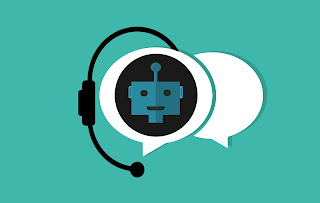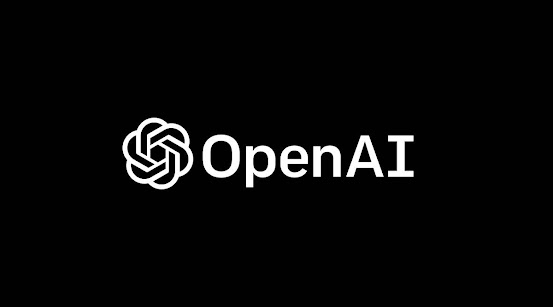Future of Chatbots and Digital Assistant
Chatbots and digital assistants have become an increasingly common presence in our lives over the past few years, with more and more companies and individuals using them for a variety of purposes. But what does the future hold for these technologies? In this article, we'll explore some of the potential advancements and changes we may see in chatbots and digital assistants over the next decade.
Advances in Artificial Intelligence
One of the main drivers of change in the chatbot and digital assistant landscape is likely to be advances in artificial intelligence (AI). As AI technologies continue to improve, chatbots and digital assistants will become more capable of understanding and responding to natural language queries, learning from previous interactions, and providing more accurate and helpful responses.
This could lead to a wide range of new use cases for chatbots and digital assistants, from providing more personalized customer service to helping individuals manage their health and wellness. For example, a chatbot that can accurately interpret and respond to natural language queries about symptoms could help individuals better understand and manage their health conditions.
Increased Personalization
As chatbots and digital assistants become more advanced, they will also become more personalized and tailored to individual users. This could include things like understanding a user's preferences and providing recommendations based on their past behavior or context. For example, a digital assistant might suggest a certain type of restaurant based on the user's past dining preferences, or recommend a particular exercise routine based on the user's fitness level and goals.
This increased personalization could lead to a more engaging and effective user experience, as individuals feel more understood and supported by their chatbot or digital assistant.
Integration with IoT Devices
Another trend we're likely to see in the future of chatbots and digital assistants is greater integration with IoT (Internet of Things) devices. As more and more devices in our homes and workplaces become connected to the internet, chatbots and digital assistants will become more powerful tools for controlling and managing these devices.
For example, a digital assistant might be able to turn on the lights and adjust the thermostat in a room based on a user's voice command, or automatically order more household supplies when it detects that they are running low. This integration with IoT devices could make chatbots and digital assistants even more useful and convenient for individuals, further enhancing their appeal.
Enhanced Security and Privacy
One potential barrier to the widespread adoption of chatbots and digital assistants is concerns around security and privacy. As these technologies become more integrated into our lives, it will be essential for companies to ensure that user data is protected and secure.
Fortunately, many companies are already taking steps to address these concerns. For example, some chatbots and digital assistants are now using encryption to protect user data, while others are providing users with greater control over how their data is collected and used. As these technologies continue to evolve, we can expect to see even more emphasis placed on security and privacy.
Conclusion
Overall, the future of chatbots and digital assistants looks bright. As AI technologies continue to advance, these technologies will become even more capable of providing personalized, helpful, and convenient experiences for individuals. With greater integration with IoT devices and a focus on security and privacy, we can expect these technologies to become even more widespread and valuable in the years to come. It will be interesting to see what new use cases and innovations emerge as chatbots and digital assistants continue to evolve over the next decade.




Comments
Post a Comment